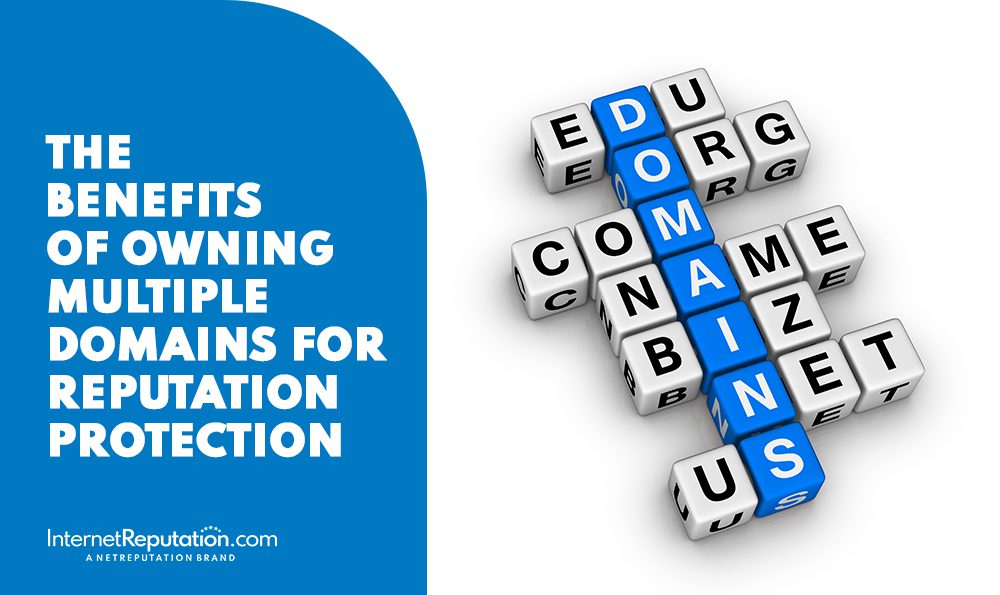How Google Searches Over Time Affect Your Brand’s Image

Brand image is more important than ever. It goes beyond logos or catchy slogans; it’s about how consumers perceive a brand based on their online experiences. A brand’s online presence can make or break its reputation, as consumers often turn to search engines for first impressions and information. How a brand is represented in search results can influence consumer trust and loyalty, making it essential for businesses to manage their online image strategically. As search trends evolve, brands must adapt to maintain a positive and impactful presence.
What is Brand Image in SEO?
Brand image is how consumers perceive a brand, influenced by branding signals, marketing strategies, and user experiences. It reflects how customers view a brand’s identity, visibility, and overall reputation. Online marketing, social media, and SEO practices play a significant role in shaping this image.
How is Brand Image Measured?
Brand image can be assessed through various methods:
- Brand Health Surveys: Provide insights into consumer opinions.
- Public Reviews: Sites like Yelp and Trustpilot offer feedback on customer experiences.
- Social Media Engagement: Interaction on social platforms indicates brand perception.
Businesses often use both qualitative and quantitative methods. Qualitative metrics might include focus groups and interviews, capturing personal feelings about a brand. Quantitative metrics can track measurable outcomes like click-through (CTR) and conversion rates, shedding light on consumer behavior and marketing effectiveness.
Tools like SEMrush and Ahrefs are valuable for monitoring online presence and performance metrics. Additionally, analyzing related queries in Google Trends helps brands understand what other terms are frequently searched alongside their brand.
Understanding Google Trends Data
Google Trends data provides insights into search interests and trends over time. By analyzing this data, you can gauge search volume, identify popular search terms, and compare their relative popularity. The Interest Over Time graph shows how a search term’s popularity evolves, helping you quickly grasp trends.
Analyzing Search Interest
Google Trends offers a window into global search behavior, revealing trending topics and gaining traction keywords. You can see what is most prevalent in specific regions by comparing multiple search terms. The Related searches chart helps identify terms frequently searched alongside your primary search term, providing context for broader search trends.
The Impact of Google Trends Over Time on Brand Image
Google searches significantly impact brand image, shaping public perception based on search volume and results. As consumers rely on search engines for information, brands must understand how visibility on Google affects loyalty and reputation.
How Do Google Searches and SEO Affect Brand Image?
Google searches influence brand image by affecting user experience, organic traffic, and website ranking. Adequate visibility can create a lasting impression and foster trust in a brand. A sudden surge in search volume can quickly alter public opinion.
Key factors include:
- User Interaction: Reviews, ratings, and snippets enhance engagement.
- Website Usability: A user-friendly website ensures a positive experience.
- Content Relevance: Quality content that answers customer queries increases organic traffic.
A brand’s performance in Google searches is vital for establishing a strong online presence. Leveraging SEO and understanding ranking factors are essential for gaining a competitive edge.
Different Types of Google Searches That Affect Brand Image
Various types of Google searches impact brand image, including:
- Branded Searches: Users search for specific brand names, reflecting the brand’s reputation and often leading to increased trust.
- Informational Searches: Users seek knowledge about a product or service, allowing brands to position themselves as authorities.
- Navigational Searches: Indicate a user’s intent to find a specific company’s website, emphasizing the need for accessibility.
- Transactional Searches: Show the readiness to purchase, highlighting the importance of effective advertising strategies.
By optimizing content for these search types, brands can improve engagement and foster positive associations with potential customers.
Using Google Trends for SEO and Marketing Strategy
Google Trends is an indispensable tool for shaping your SEO and marketing strategy. By analyzing search interests and trends, you can understand popular keywords and regional search behaviors. This information helps refine SEO efforts, from keyword research to content creation.
Identify trends and opportunities to leverage Google Trends. The Interest Over Time graph can pinpoint search terms growing in popularity, signaling areas for content development. The Related search chart offers keywords to enhance your content and improve search rankings.
Identifying Trends and Opportunities
Staying ahead of the competition requires identifying trends and opportunities. Google Trends helps you understand what topics are trending and what consumers want to learn about. By comparing multiple search terms, you can tailor your SEO strategy to meet evolving audience interests.
The Rising data feature highlights terms gaining popularity, allowing you to capitalize on emerging trends before competitors. By integrating these strategies, you can enhance your brand’s online presence and ensure your content remains relevant and engaging.
How Can Brands Monitor and Manage Their Google Search Results in 2024?
Brands can effectively manage their Google search results through various strategies:
Utilizing SEO Strategies
Effective SEO strategies are crucial for improving Google search results and brand image. Brands should focus on:
- Optimizing Content: Use relevant keywords and structure information logically to boost rankings. Analyzing related queries can help identify additional keywords.
- Improving Site Speed: A faster-loading site enhances user experience and influences search rankings.
- Using Google My Business: This helps brands appear in local searches, attracting nearby customers.
A comprehensive approach can increase conversion rates and foster long-term growth.
Responding to Negative Reviews and Feedback
Engaging with negative reviews on platforms like Yelp and Trustpilot is essential for maintaining a positive brand reputation. Best practices include:
- Transparency: Acknowledge feedback openly.
- Promptness: Address reviews quickly to show prioritization of customer opinions.
- Resolution Strategies: Offer solutions to rectify issues.
Incorporating these elements allows brands to turn negative experiences into opportunities for growth.
Creating Positive Content and Engaging with Customers
Creating positive content and engaging with customers are key strategies for enhancing brand image. Authentic communication builds trust and loyalty, while social media allows real-time interactions.
A solid content marketing strategy informs and entertains, leading to:
- Increased Engagement: Interactive posts boost brand interaction.
- Targeted Campaigns: Focused marketing strategies emphasize storytelling.
By fostering emotional connections, brands become more relatable and memorable.
Conclusion: The Importance of Managing Google Searches for Brand Image
Managing Google searches is crucial for maintaining a positive brand image and influencing consumer perception. As trends evolve, search visibility becomes critical for brand authority and success.
Proactive strategies include:
- Regular Audits: Regularly review Google search results related to the brand.
- Engagement: Actively engage with comments and reviews.
- Content Creation: Implement marketing campaigns that showcase strengths.
By doing this, brands can mitigate damage and position themselves favorably in search results.



